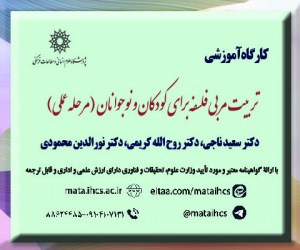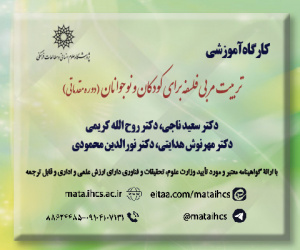پاسداشت میراث فرهنگی از منظر فقه امامیّه (مقاله علمی وزارت علوم)
درجه علمی: نشریه علمی (وزارت علوم)
آرشیو
چکیده
هویت اجتماعی ملت ها در پیوند با میراث به جامانده از پیشینیان شکل می گیرد. پاسداشت میراث فرهنگی از تکالیف مهم دولت ها به حساب می آید. متأسفانه برداشت قشری از توحید، آسیب های جبران ناپذیری به اشیای باستانی وارد نموده است. راهکارهای فقهی به منظورِ جلوگیری از تخریب میراث فرهنگی به دو قسمت تقسیم می شوند؛ بخش اول، مصادیق میراث فرهنگی که در زمان گذشته همچون بت نماد شرک بوده است و با معیارهای دقیق فقهی بررسی می شوند و با الغای خصوصیت، آن را به موارد مشابه سرایت می دهیم. قسمت دوم، نگاه حکومتی به آثار به جامانده از گذشتگان است که آن را از مصادیق انفال (ثروت عمومی) برمی شمارد و مدیریت و مالکیت آن برعهده حکومت است. تفاوت مصادیق انفال در متون فقهی دلالت دارد بر اینکه ثروت عمومی مفهومی سیال است. برداشت اطلاق گرایانه از قاعده سلطنت، به میراث فرهنگی به ویژه خانه های قدیمی آسیبی جدی وارد کرده است. تحول عرفی در مفهوم مالکیت محدودکردن اختیار مالک به رعایت موازین عقلی جمعی (قانون) بسیار راهگشاست.Preservation of Cultural Heritage from the Perspective of Jurisprudence Emamiya
Social identity of nations forms in connection with the cultural and historical heritage left by the ancestors. It is considered the preservation and maintenance of cultural heritage as one of the most important duties of governments. Unfortunately, the superficial and fanatical (gheshri) interpretation of monotheism has led to irreparable damages to ancient objects. To prevent the destruction of cultural heritage, the jurisprudential solutions are divided into two parts. First, those examples of cultural heritage such as an idol, which was a symbol of polytheism in the past, are examined precisely based on the jurisprudential criteria, their characteristics are cancelled, and then this rule is extended to similar cases. Second, the governmental attitude based on that the old and ancient monuments are examples of Anfal (public wealth) and as a result their ownership and management is in government's hands should change, since the difference between the examples of Anfal in jurisprudence texts implies that public wealth is a flexible concept and the applicative interpretation of the monarchy rule has caused serious damages to cultural heritage, especially ancient monuments. Therefore, to change the customary concept of ownership and to limit owner's authority in order to comply with collective rational standards (law) can be very useful and beneficial.



